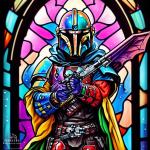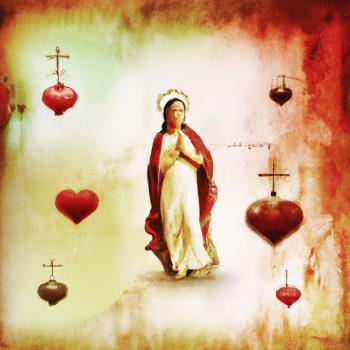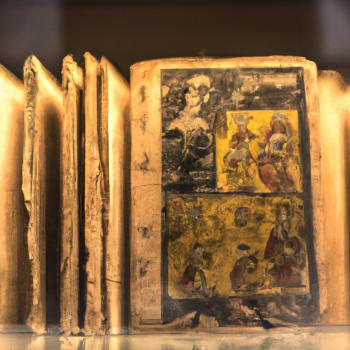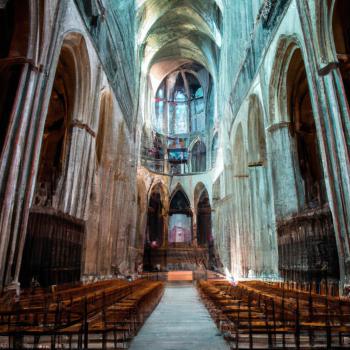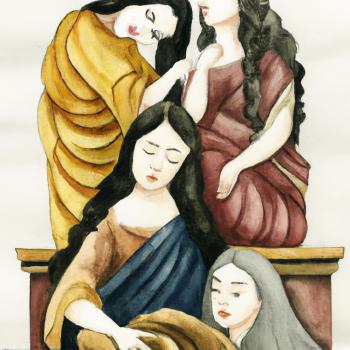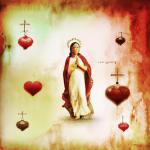Exploring the spiritual significance of ancient Greek myths and the impact on humanity’s search for meaning
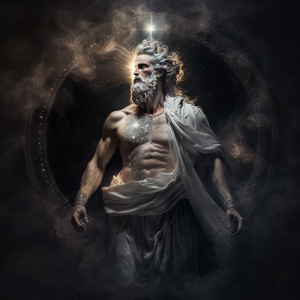
Greek mythology, a collection of stories and legends passed down through generations, has captured the imaginations of many. While these myths often involve gods, heroes, and fantastical creatures, they also offer a deeper look into the human spirit and the divine.
In this article, we will delve into the spiritual aspects of Greek mythology, exploring the relationships between gods and mortals, the role of heroes, and the quest for purpose and meaning.
The Pantheon: A Divine Assembly
The pantheon of Greek gods represents various aspects of the natural world, human emotions, and moral values. Each god and goddess possesses unique characteristics, offering mortals guidance and wisdom in their daily lives.
These divine beings represented forces of nature, human emotions, and abstract concepts.
The Greeks believed that their gods, though immortal and vastly powerful, were also deeply human in their emotions and behaviors.
- Zeus: The Sky Father As the king of the gods and the ruler of the heavens, Zeus represented authority, order, and justice. He was the embodiment of spiritual leadership and the divine protector of the world.
- Hera: The Divine Feminine Hera, the wife of Zeus, represented marriage, family, and fertility. Her role in the pantheon underscores the importance of the divine feminine and the spiritual value of nurturing relationships.
- Athena: Wisdom and War Athena, the goddess of wisdom and war, embodied both the intellectual and martial aspects of spirituality. She was a symbol of the importance of knowledge, strategic thinking, and righteous action.
- Dionysus: Ecstasy and Transformation Dionysus, the god of wine and ecstasy, represented the spiritual power of transformation, liberation, and transcendence. Through his myths, we learn about the importance of embracing change and seeking ecstatic experiences.
In this sense, the pantheon serves as a spiritual compass for humanity, providing a connection to the divine and a framework for understanding the world around them.
The Roles of Gods and Mortals
Greek mythology often presents a dynamic relationship between gods and mortals. The gods, while immortal and all-powerful, are still subject to human emotions and desires. This closeness to humanity allows the gods to interact with mortals, imparting lessons and offering guidance.
At times, these interactions may lead to conflict, revealing the complexities of human nature and the challenges of achieving spiritual harmony.
Heroes: A Bridge Between Mortals and Gods
Heroes play a crucial role in Greek mythology as they often embody both divine and human qualities. They serve as intermediaries, bridging the gap between mortals and gods. By undertaking seemingly impossible quests and overcoming insurmountable obstacles, heroes demonstrate the potential of human determination and the rewards of spiritual growth.
Through these stories, heroes inspire mortals to seek deeper connections with the divine and discover their own inner strengths.
The Power of Fate and Destiny
The concept of fate is a central theme in Greek mythology, highlighting the idea that each individual’s life has a predetermined course. This belief not only emphasizes the importance of accepting one’s destiny, but also encourages the pursuit of spiritual growth to better understand one’s role in the grand scheme of things.
By embracing fate, individuals can find solace and purpose, even in the face of adversity.
The Search for Meaning and Purpose
Ultimately, the spiritual aspects of Greek mythology guide humanity’s quest for meaning and purpose. Through the stories of gods and heroes, individuals are inspired to explore their own potential and seek a deeper understanding of the world around them.
This pursuit of knowledge and personal growth fosters a connection to the divine, allowing mortals to find their place within the cosmic order.
The Role of Myth in Shaping Human Consciousness
Greek myths were not just stories about gods and heroes; they were also vehicles for transmitting spiritual teachings and values. Through these myths, the Greeks explored their place in the universe, as well as the nature of the divine.
- Creation Myths: Understanding the Cosmos The Greek creation myths served as an attempt to understand the origins of the cosmos and the divine order. By exploring the relationships between gods, humans, and the natural world, these stories helped the Greeks make sense of their place in the universe.
- Heroic Journeys: A Spiritual Quest The tales of Greek heroes like Heracles, Odysseus, and Perseus were not just entertaining adventures; they were also spiritual journeys. These heroes underwent trials and tribulations that tested their strength, wisdom, and character, ultimately emerging as transformed individuals.
- The Afterlife: A Vision of Eternity Greek mythology offered a vision of the afterlife, shaping the culture’s understanding of death and eternity. Through stories of heroes like Achilles and Orpheus, we see a deep exploration of the human soul and its spiritual journey after death.
Greek mythology, with its rich tapestry of gods, heroes, and supernatural beings, provides a powerful lens through which to explore spirituality.
These ancient stories offer insights into the human spirit and its connection to the divine, inspiring generations to seek meaning and purpose in their lives.
By understanding the spiritual dimensions of Greek mythology, we can appreciate its enduring relevance and draw upon its wisdom for our own spiritual journeys.


